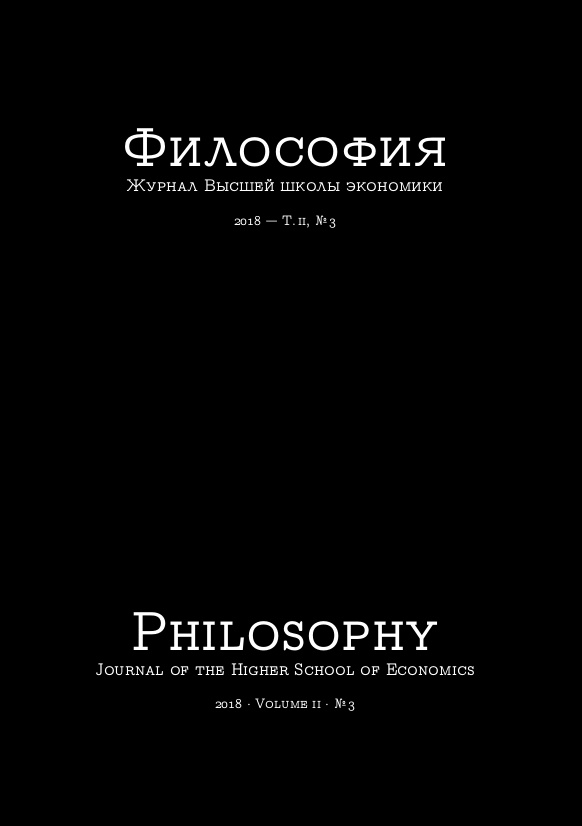History of Russian Political Languages
Introducing Methodology of a Research Program
Abstract
This article presents methodological foundations for the history of Russian political languages. Authors draw on the key insights of the Cambridge school of intellectual history while highlighting some new methodological moves based on applying this approach to the studies of the Russian history. The article provides definitions of the key methodological concepts and reviews selected illustrative cases from the Russian and Western history. In general the history of political philosophy in this perspective combines two imperatives: (a) privileged attention to available (sub)languages and idioms of the given period; (b) analysis of authors’ intentions and rhetoric moves in the historical context, framed by linguistic conventions and discourses of other participants in the debate. While applying this methodology to the Russian past (and present) we have identified several relevant issues which were mostly taken for granted by the main founders of the Cambridge school: the degree of familiarity and trust of the ruling elites with the written tradition of the political philosophy; institutions of public debate; and, finally, regimes of publicity structuring political discussions.






